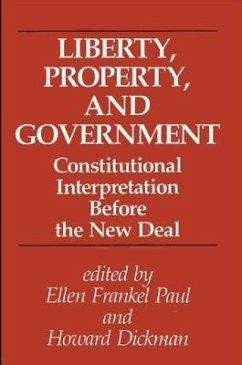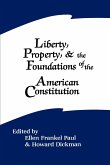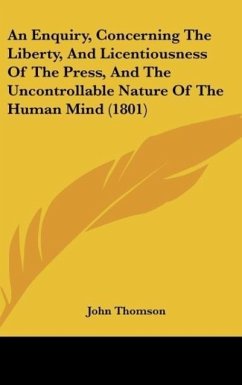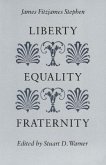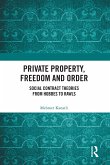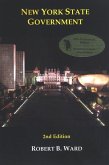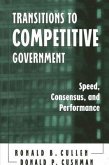This book examines the constitutional protection of economic rights through the nineteenth century and the first three decades of the twentieth. The authors grapple with such questions as: how should the commerce clause be interpreted? To what extent did the historical development of eminent domain law depart from the "rhetoric" of takings jurisprudence? How was the Constitution connected to economic growth in the nineteenth century? What was the effect of the post-/civil War constitutional amendments? How did the right to contract affect government attempts to balance private rights with the public good? What was the reaction of leading constitutional theorists to the dominance of a laissez-fair philosophy in the Court and the nation at the turn of the century?

